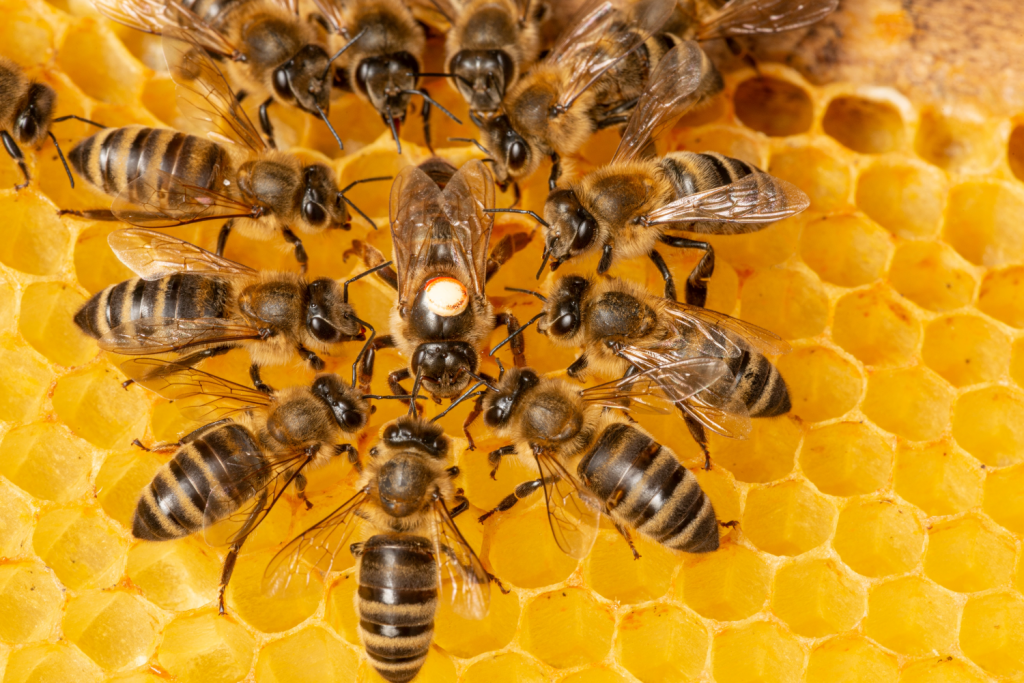Typically, the library is a place to access a breadth of resources and ideas, to sit in the present and behold the past. Well, not for public school students of Peel Region, just north of Toronto. In 2023, working within a framework of anti-racism and inclusion, librarian educators removed thousands of books from the shelves, including most titles first published more than 15 years ago. Meanwhile, in Florida, ultra-conservative Christian parents’ rights organizations such as Moms For Liberty have been taking over school board meetings to demand the expulsion of “harmful” literature, by which they mean books like the award-winning YA novel The Hate You Give, inspired by the Black Lives Matter Movement, or Tango Makes Three, a picture book based on the true story of two male penguins who pair-bonded in New York’s Central Park Zoo.
Alberta to ban books deemed sexually explicit from school libraries
As Ira Wells, a professor at the University of Toronto and the author of On Book Banning, points out, the effects of censorship are the same regardless of the particular politics of the censor. Neither kids in Peel Region nor Florida can find Toni Morrison’s The Bluest Eye on the shelves, to give but one example. Wells recently spoke with the Globe about the past, present, and future of book banning.
Early in On Book Banning, you introduce a bipartisan value that you call the ‘Censorship Consensus.’ What does that mean?
In many parts of the U.S., but in Florida in particular, parents were and are essentially pushing to get LGBTQ books off the shelves. And they are framing this as a matter of harm, of the books harming their kids. Their solution is book-banning.
Progressive educators in the Peel District School board here in Ontario conducted these equity-based processes that involved reviewing library books for various harmful qualities, such as racism, obviously, but also eurocentrism, heteronormativity, and cisgender normativity. And their solution, at least in the Peel region, was to ban such books.
On Book Banning, Ira Wells (Biblioasis)Supplied
Opinion: When we remove books from schools or libraries, we prune the landscapes of children’s imaginations
We have these two polar opposite groups, the Canadian progressives and the religious fundamentalists in Florida, but they’re both banning books. They’re both framing the library as a field of contagion where we need to save the children from the harm that they will experience through books. That symmetry struck me as notable.
Reading books is not the popular pastime it once was. So why is the removal of physical books from library spaces such a ground zero for censorship?
I think it has something to do with restoring a semblance of control to people who are feeling threatened for different reasons. In Florida, I think that parents are anxious about the fact that they cannot control what their children are accessing on TikTok. And so, despite the fact that their children are, statistically, certainly not spending nearly as much time reading as they are on their cell phones, it gives them a semblance of control.
In the book, I say that it’s a version of symbolic violence. It’s a way of signaling to members of their own community what they would remove from the society itself.
You invoke Enlightenment thinkers, particularly John Stuart Mill, and European predecessors like John Milton to argue against book banning. Do you feel that the European humanists are particularly relevant today, where our society is so pluralistic and with the prevalence of social media?
That you should allow or encourage someone to engage in speech that you may find personally offensive or disagreeable is a counterintuitive idea. It doesn’t come to us very easily. It’s not a given that children would want to hear opposing views. We have to be educated into that. So I think it’s worth returning to some of the original points where this idea came from. Milton’s innovation is essentially that we recognize ethical categories not only by what they are, but what they’re not. And it has some application here, in the sense that, if you were to purge the library of everything that you disagreed with, then you would be left with what Milton calls an “excremental whiteness,” or enforced purity, a false virtue.
When students can’t make a “wrong” choice, in what sense are they being virtuous at all when you’re just forcing them to have these views?
Ultimately we want to encourage others to express their views so that we can figure out what we ourselves actually think. What we think must be thought through in opposition to the best arguments on the other side.
The censor’s urge is usually couched in language of protecting society, especially, children, from language or ideas that constitute ‘harm.’ Did your research, and the many interviews you conducted for the book, ever lead you to figure out what precisely constitutes harm, when it comes to books?
The religious fundamentalists have one idea of harm— “LGBTQ indoctrination,” and what they call critical race theory, which is a caricature and a bogeyman of what critical race theory actually is. Basically, anything that they find upsetting constitutes harm. On the other hand, the Ontario progressive educators will explicitly tell you that classics are harmful because they’re Eurocentric, they’re colonialist, they privilege heteronormativity and so on.
My argument is that conceiving of literature in this way, as primarily a site of contagion that needs to be censored, in fact becomes the source of harm. They are harming students by depriving them of information and stories that might have given their life value. It harms by severing our children from history, presenting a very sanitized version of the world. It teaches students that when you confront an upsetting view, the answer is to silence and censor. And it encourages students to think of themselves as fragile receptacles of harmful material. It’s demeaning to students; it takes a very dim view of what they’re capable of.
Let me affirm that I am very much in favour of diverse libraries and feel that every student should see themselves reflected on the shelves. The way to do that is to build, is to add. Culling the libraries and removing scores of “old” books is really misguided.
And it’s also incredibly paternalistic. There’s a racist heritage to the notion that classics — Socrates, Shakespeare, and so on — belong only to the white, upper-class men who can sit around and engage with with that stuff. W.E.B. Du Bois called that out over 100 years ago. I think there’s a long history of that racism that is inadvertently replicated when educators claim that students are only interested in reading texts that reflect their own exact social identities back to them. Children read for all kinds of reasons – all kinds of imaginative reasons.
What’s one thing parents can do to protect and nurture their children’s intellectual freedom?
Listen to your children and be attentive to what excites them and what engages them. And nurture that. Don’t try and force your children into a politically motivated way of engaging with literature. We are not going to save the world through forcing our children to read certain kinds of books; books are more than just levers of social engineering.












